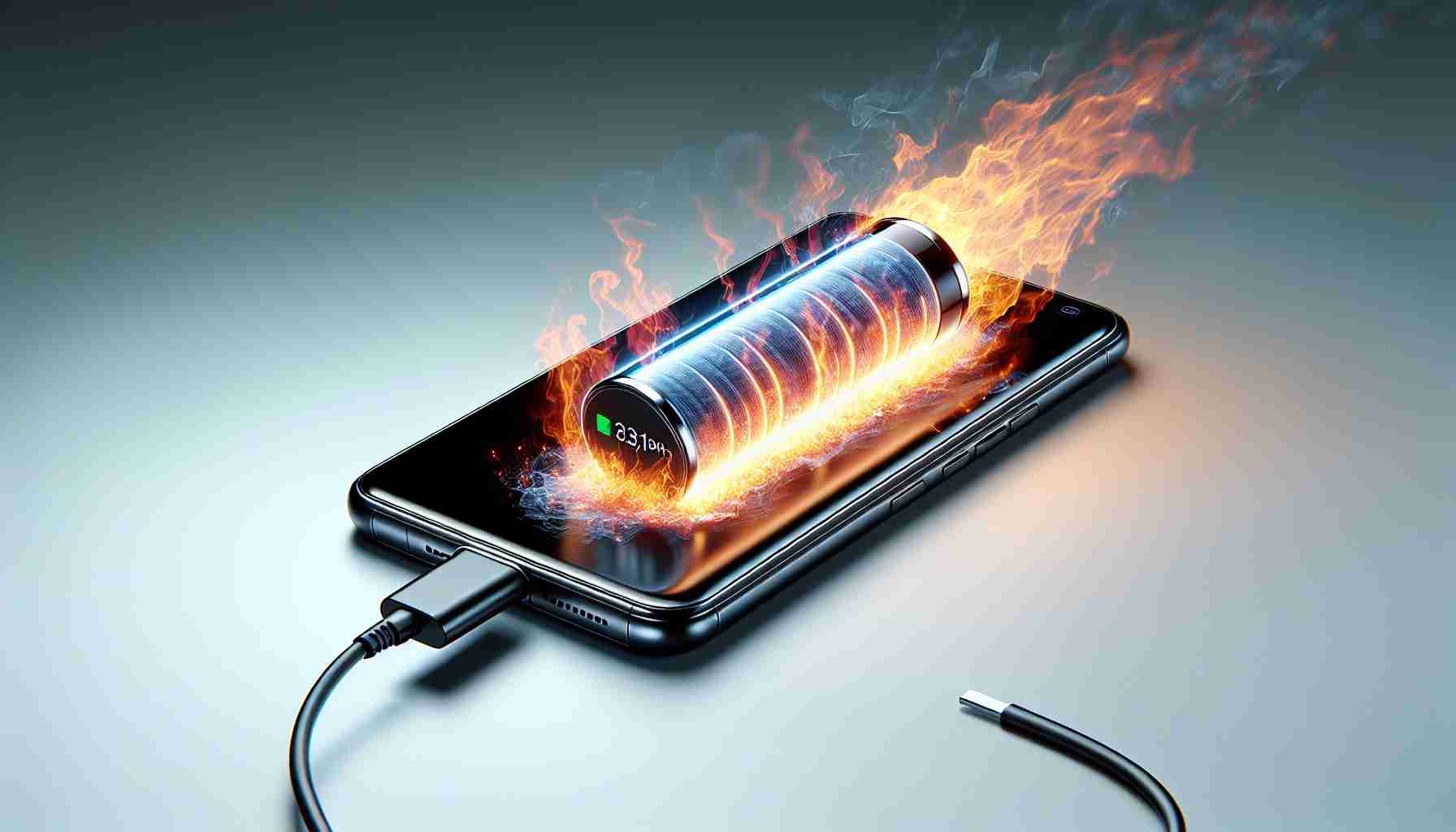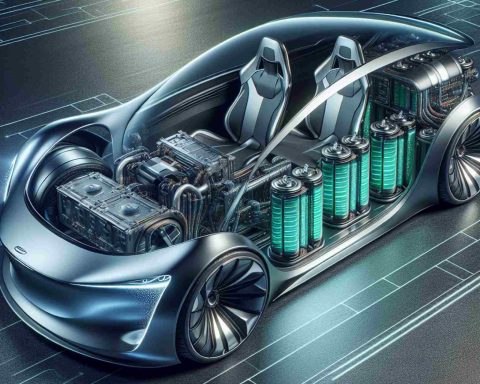Smartphone manufacturers are continuously pushing the limits of charging technology, with Realme showcasing a 300 W fast charging capability through Francis Wong, their Vice President and Marketing Director. While the demonstration highlighted impressive charging speeds of 15% in 32 seconds and 17% in 35 seconds, concerns arise over the lack of documentation for the entire charging process.
In a recent announcement, Realme confirmed the unveiling of their new super-fast charging technology at a special event scheduled for August 14 in China. However, the specifics regarding the release of accompanying hardware remain unclear.
While Redmi previously touted a 300 W charging system as the fastest in the world last year, no device has yet utilized this technology apart from models supporting up to 120 W. Realme’s commercialization of 240 W fast charging makes the introduction of a 300 W-capable device less surprising.
Experts warn against the potential drawbacks of ultra-fast charging on smartphone batteries due to the high electrical current generating significant heat, which could lead to safety hazards or reduced longevity for both the battery and the device in the long run. Instead of prioritizing devices with this feature, users are advised to opt for models with larger battery capacities, moderate charging speeds, and optimized features for extended practical usage.
Exploring Further Risks of Ultra-Fast Smartphone Charging
Smartphone manufacturers are consistently pushing the boundaries of charging technology to provide users with ever faster charging solutions. Realme recently captured attention with its demonstration of 300 W fast charging capability, showcasing impressive speeds of 15% in just 32 seconds and 17% in 35 seconds. However, the emphasis on speed raises questions about the transparency and safety of the entire charging process.
Key Questions:
1. How does ultra-fast charging affect battery health in the long term?
Ultra-fast charging can generate significant heat, which may pose safety risks and reduce the overall lifespan of the battery and the device.
2. Are there any specific recommendations for using smartphones with ultra-fast charging capabilities?
Experts recommend balancing the need for quick charging with considerations for battery and device longevity by opting for models with larger battery capacities and moderate charging speeds.
3. What are the potential risks associated with the lack of documentation for the charging process?
The absence of comprehensive documentation raises concerns about the transparency of the technology and its impact on user safety and device durability.
While Realme is set to unveil its new super-fast charging technology at an upcoming event, questions linger over the release of compatible hardware and the practical implications of such rapid charging capabilities.
Advantages and Disadvantages:
Ultra-fast charging offers the convenience of quickly powering up smartphones, catering to users with busy lifestyles. However, the high electrical currents involved in fast charging can generate heat, potentially compromising battery health and device safety over time.
As the race for faster charging speeds continues, users are advised to exercise caution when opting for devices with ultra-fast charging capabilities. Prioritizing battery longevity and overall device sustainability may outweigh the allure of lightning-fast charging speeds.
For more insights and updates on smartphone charging technologies, you can visit Realme’s official website.


















